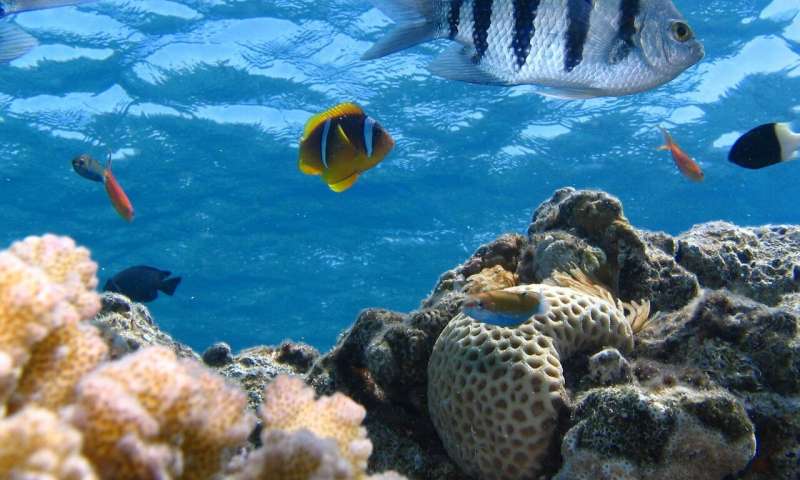The Globalization of Cultural Eutrophication in the Coastal Ocean: Causes and Consequences
Excessive nutrients, such as nitrogen and phosphorus, have devastating effects on coastal marine ecosystems by causing algal blooms that deplete oxygen in the water, killing marine life.
Such nutrients can enter the sea in wastewater or run-off from agricultural land. However, a new review in open-access journal Frontiers in Marine Science highlights that problems caused by other human activities, such as climate change, can exacerbate these detrimental effects on marine ecosystems. The review suggests that an integrated approach considering land use, ecology and input from scientists, politicians and the public is required to defeat this terrible synergy.
“The threats posed by eutrophication include reduced water clarity, oxygen depletion, and toxic algal events that result in critical habitat losses such as coral reefs, seagrass meadows, and mangrove forests,” said Professor Thomas Malone of the University of Maryland Center for Environmental Science. “Other serious consequences include mass mortalities of marine animals, loss of biodiversity, and threats to human health.”
https://phys.org/news/2020-08-effects-nutrient-pollution-marine-ecosystems.html
FEC Academy member and Director of European REP Alice Newton is one of the co-authors.
Find the article here and read more on the findings in a review on phys.org.

